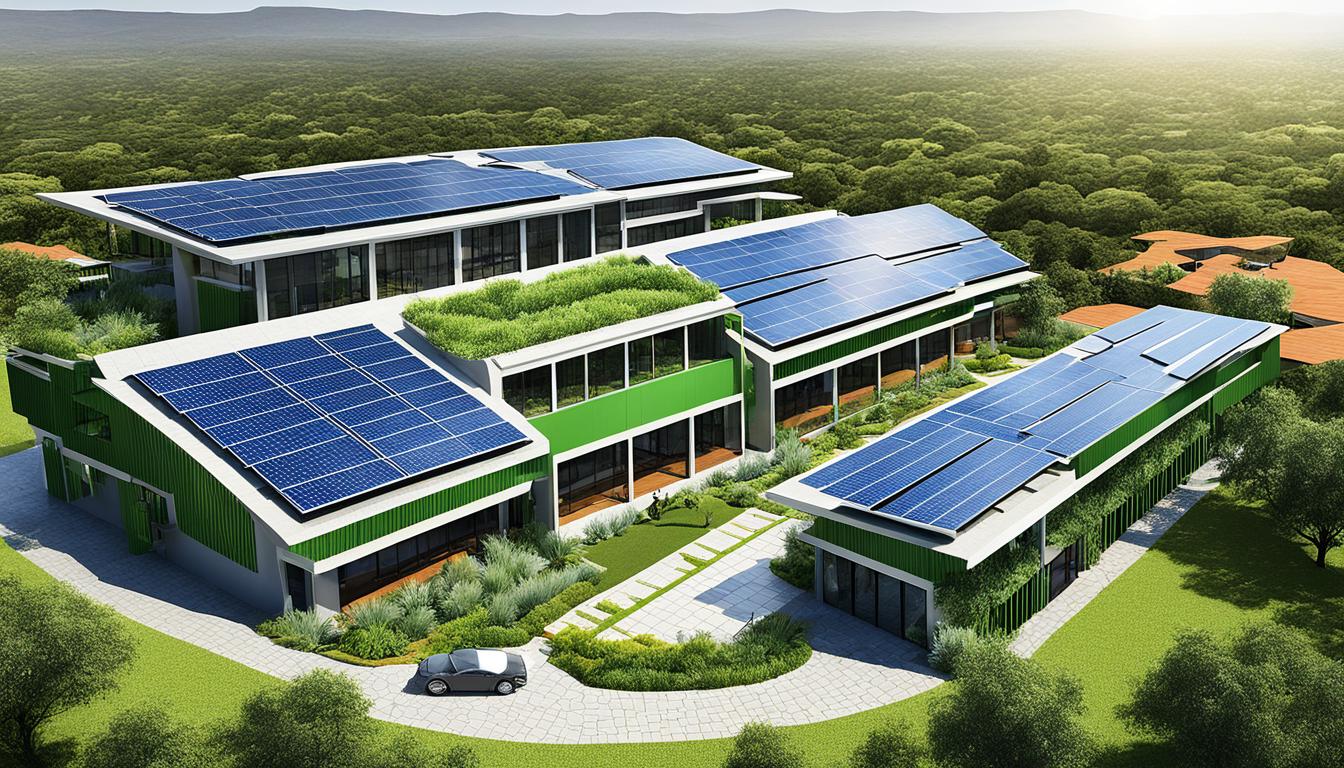Maintaining a clean swimming pool is crucial for both health and aesthetic reasons. However, many pool owners struggle with algae growth, which can quickly turn their crystal-clear water into a green mess. If you’re wondering what causes algae in pool, you’re in the right place! Understanding the root causes and implementing effective treatment methods will help you keep your swimming pool clean and safe.
From improper chemical balance to environmental factors, several culprits contribute to the algae problem. This guide will break down the major causes of pool algae, ways to prevent them, and how to get rid of them effectively.

Understanding Algae and Its Impact on Your Pool
Algae are microscopic organisms that can bloom rapidly under the right conditions. They thrive in pools with poor circulation, unbalanced chemical levels, and insufficient sanitization. Algae not only make the pool look unsightly but also create a slippery and hazardous surface.
The Main Causes of Algae Growth in Pools
1. Poor Water Circulation
Stagnant water is a breeding ground for algae. When your pools circulation system isnt working correctly, it allows algae spores to take hold and multiply.
2. Low Chlorine Levels
Chlorine is the primary sanitizer used in pools. When its levels drop, it provides an opportunity for algae to grow unchecked.
3. Imbalanced pH and Alkalinity
Maintaining the correct pH and alkalinity is essential. When these levels are off, chlorine becomes less effective, leading to algae formation.
Check out our detailed guide on lowering pH and alkalinity to learn more.
4. Warm Water Temperatures
Algae thrive in warm temperatures, making pools more susceptible to blooms during the summer.
5. Poor Filtration System
An inefficient filter fails to remove debris and contaminants, giving algae the perfect environment to grow.
6. High Levels of Cyanuric Acid
Cyanuric acid stabilizes chlorine, but excess amounts can reduce its effectiveness. Learn how to lower cyanuric acid for a better-balanced pool.
7. Presence of Phosphates
Phosphates act as nutrients for algae, helping them multiply rapidly. Regular phosphate tests can help prevent outbreaks.
8. Organic Contaminants
Leaves, dirt, sunscreens, and other debris introduce organic matter into the water, fueling algae growth.
How to Prevent Algae Growth in Your Pool
1. Maintain Proper Chlorine Levels
Keep chlorine levels between 1-3 ppm to effectively kill algae spores.
2. Regularly Check pH Levels
Monitor pH and alkalinity to ensure chlorine remains effective.
3. Improve Water Circulation
Run your pool filter for at least 8-12 hours daily to prevent stagnant areas.
4. Clean the Pool Consistently
Regular vacuuming and skimming reduce organic contaminants and prevent algae buildup.
How to Get Rid of Algae in a Pool
1. Shock the Pool
Use a high dose of chlorine or algaecide to kill algae efficiently.
2. Brush the Pool Walls
Scrubbing the surfaces removes algae clinging to the walls and floor.
3. Clean the Filter
A clogged filter wont work properly, so clean or replace it if needed.
4. Monitor and Adjust Chemicals Frequently
Proper pool chemistry maintenance is key to preventing future outbreaks.
For detailed pool cleaning methods, visit this guide on pool cleaning.
Conclusion
Understanding what causes algae in pool is the first step in ensuring a clean and crystal-clear swimming area. Regular maintenance, proper water chemistry, and effective filtration are key to preventing and eliminating algae problems.

FAQs
1. How can I prevent algae from growing in my pool?
Regularly test and adjust chemical levels, ensure proper filtration, and clean the pool frequently to prevent algae growth.
2. Can I swim in a pool with algae?
Swimming in an algae-infested pool is not recommended as it can lead to skin irritation, eye infections, and respiratory issues.
3. How often should I shock my pool to prevent algae?
It’s best to shock your pool weekly, especially during hot weather or high usage periods, to maintain clean and clear water.
This article contains affiliate links. We may earn a commission at no extra cost to you.




